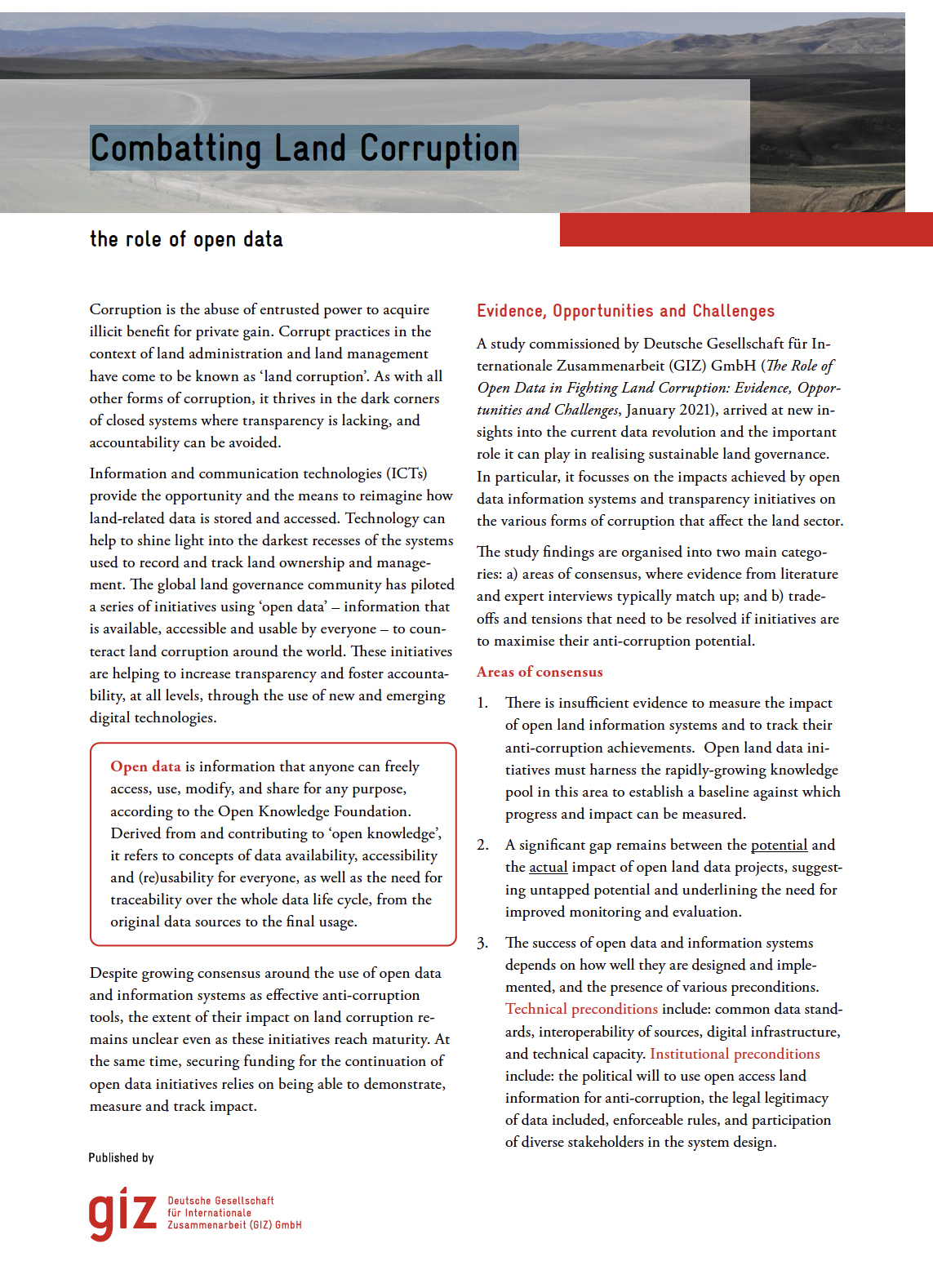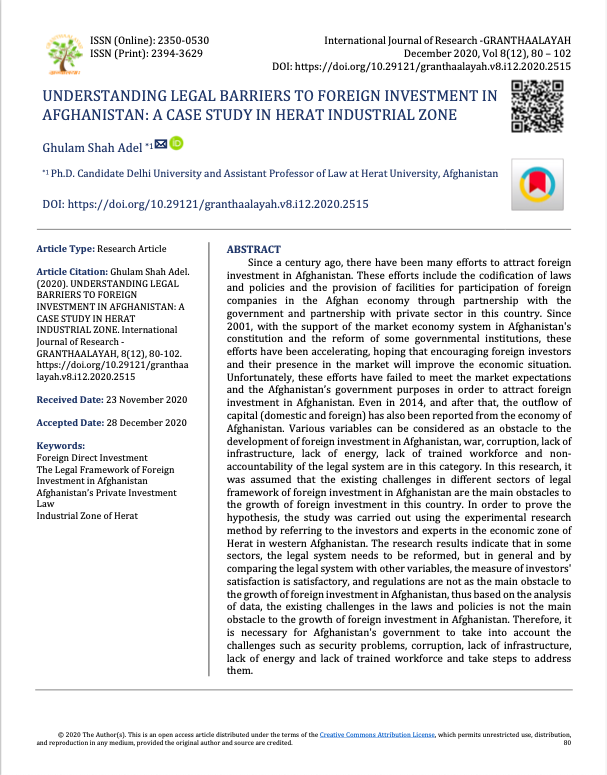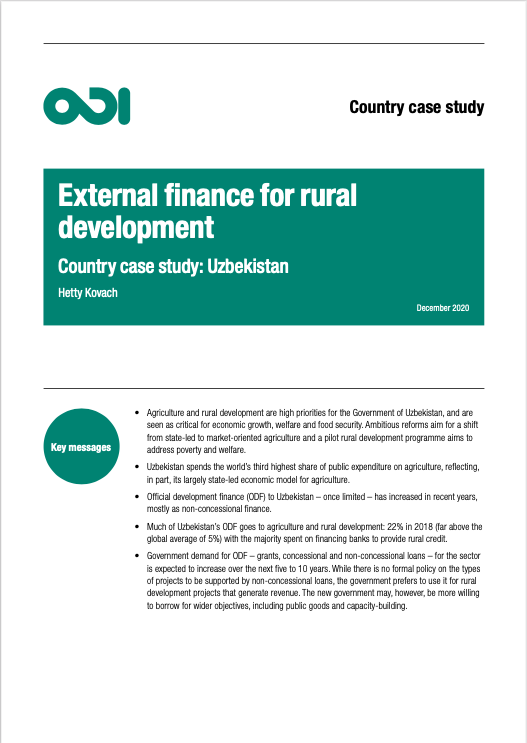Sustainable land preparation for farmer-managed lowland agriculture in Indonesia
In almost all forms of agriculture and farming practice, land clearing is the initial step. In Indonesia, in general, the most cost effective means of clearing land is through the use of fire. However, this use of fire often results in uncontrolled outbreaks, particularly in lowland areas especially and during prolonged dry seasons. In recent years, these uncontrolled fire outbreaks have had a catastrophic environmental, social and economic impact.






